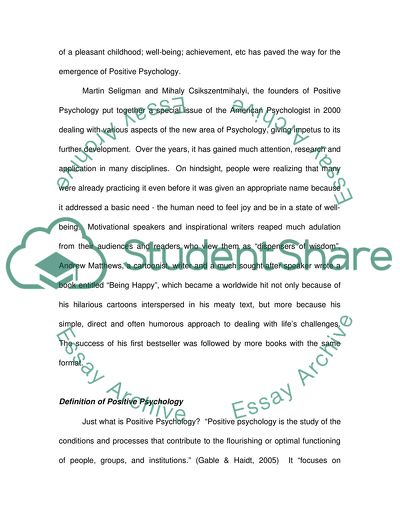Cite this document
(Positive Psychology and Personality Theory Report, n.d.)
Positive Psychology and Personality Theory Report. https://studentshare.org/psychology/1705647-positive-psychology-and-personality-theory
Positive Psychology and Personality Theory Report. https://studentshare.org/psychology/1705647-positive-psychology-and-personality-theory
(Positive Psychology and Personality Theory Report)
Positive Psychology and Personality Theory Report. https://studentshare.org/psychology/1705647-positive-psychology-and-personality-theory.
Positive Psychology and Personality Theory Report. https://studentshare.org/psychology/1705647-positive-psychology-and-personality-theory.
“Positive Psychology and Personality Theory Report”. https://studentshare.org/psychology/1705647-positive-psychology-and-personality-theory.


